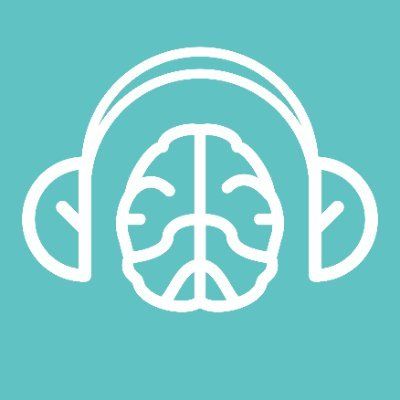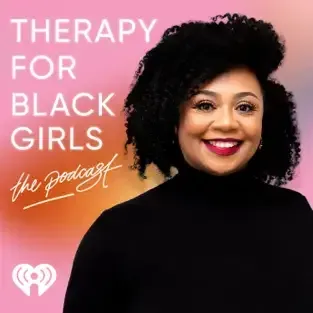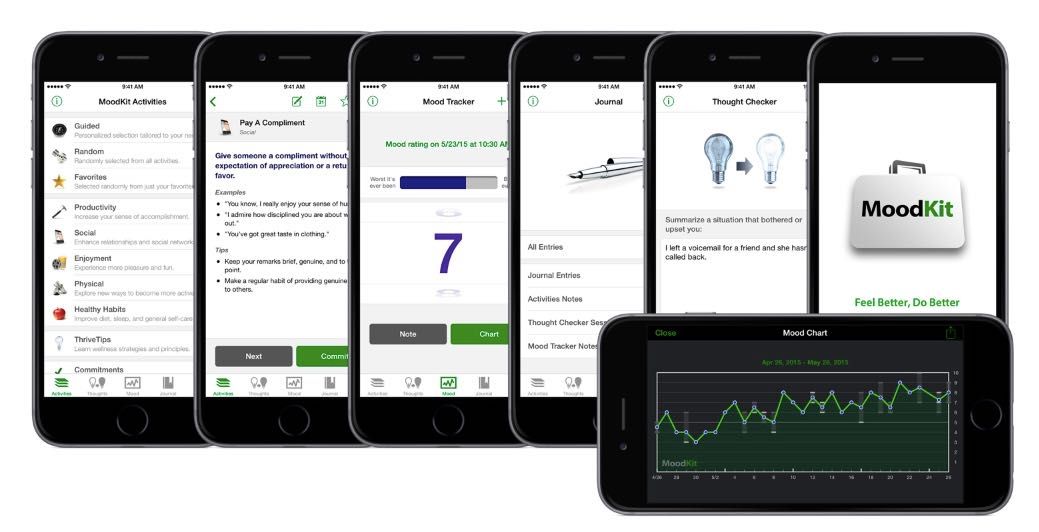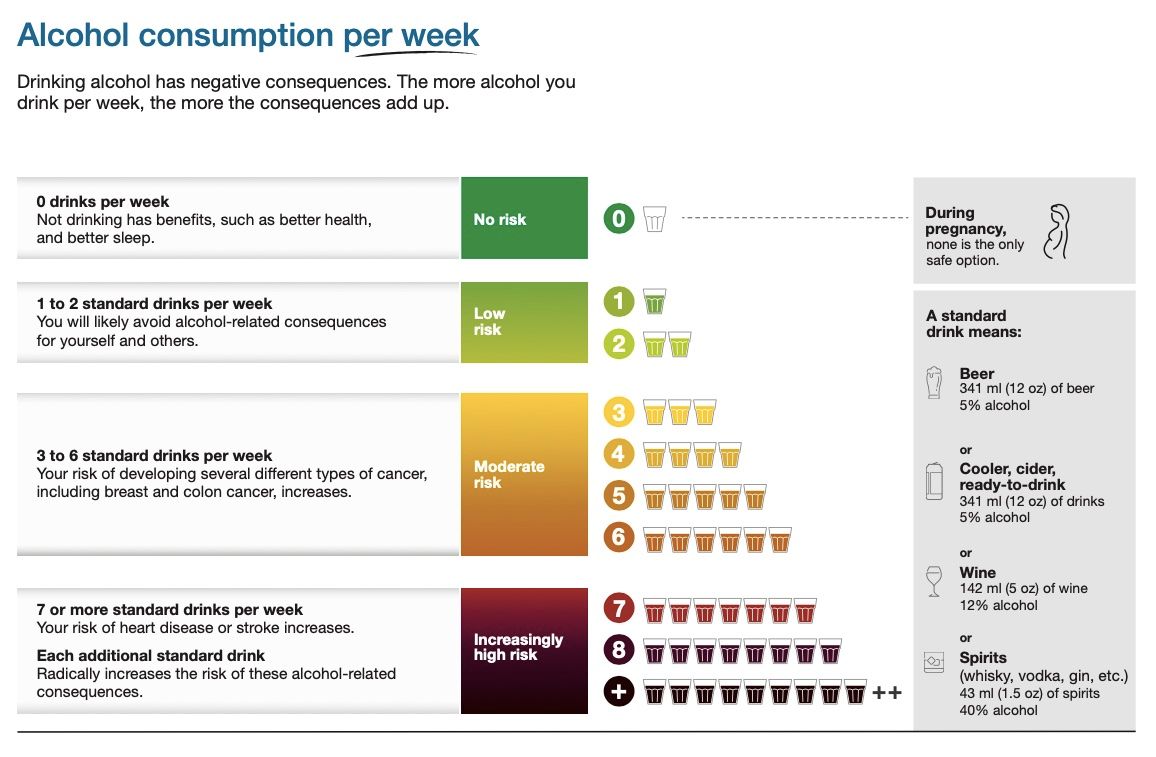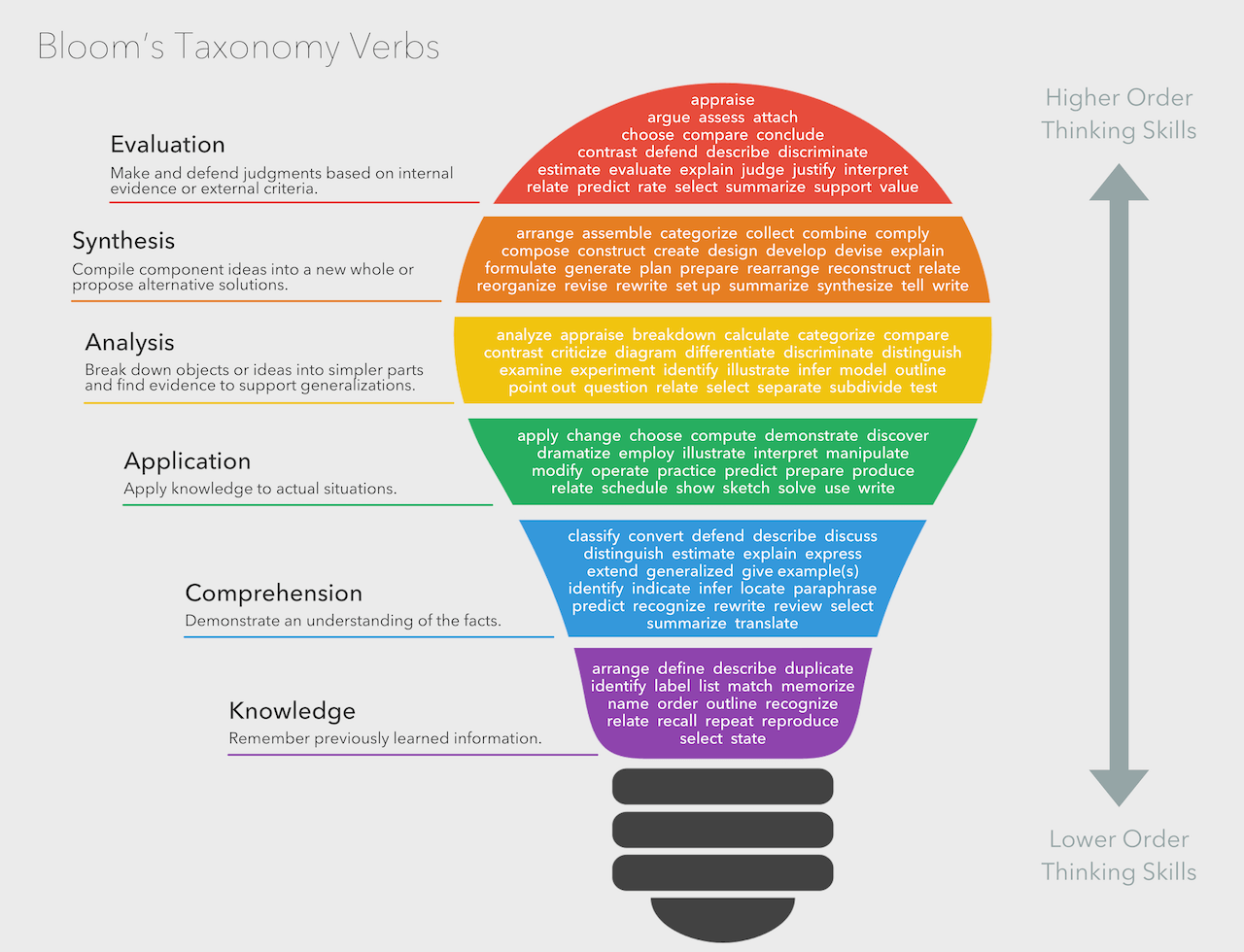Exercise for depression shows benefits
David Cesarini • July 17, 2018
People that are depressed are sometimes suggested exercise as a treatment, but is it effective?

In a high grade meta-analysis, research results indicate that exercise results in small to moderate improvements in depression.
They examined the effect on scores rated using the Beck Depression Inventory (BDI). Using one technique to sort the data, the reduction in depression scores associated with exercise, compared to control, was equivalent to 5 BDI points. Using a more restrictive technique to gauge the effect, the results showed no association with improvements.
As noted in the research, current practice guidelines recommend structured exercise, 3 times a week for 10 to 14 weeks, for treatment of mild to moderate depression.

Crazy Ex-Girlfriend is show that embraces that rare combination of irreverence, fallibility and acceptance. But more importantly, the show bravely depicts the complexities and challenges of fostering and sustaining our own mental health . The main character, Rebecca Bunch, sings and dances her way through some questionable life decisions and some serious negative consequences. But, in a way, she teaches us the process of change and adaptation we all might encounter from time-to-time. In so doing, she enhances our own empathy for mental illness and our mental health literacy .

In the June 2017 issue of Clinical Social Work Journal, Brian Rasmussen, reviews the dominance and weakness of Cognitive Behavioural Therapy (CBT).The review points out a number of pros and cons of CBT, and an especially compelling argument is made for clinicians to reflect on how they might learn, practice, and aim for, a contextually conscientious application of clinical social work interventions:Western cultural norms of hyper-individualism lay the ground-work for theories and treatments that locate mental health problems in the conscious, rational mind of the person, often decontextualize from his or her social surround.*”Hot cross buns” in CBT refers to the cross-sectional model of elements affecting our perception of a situation: thoughts, mood, action, and physiological sensations.

